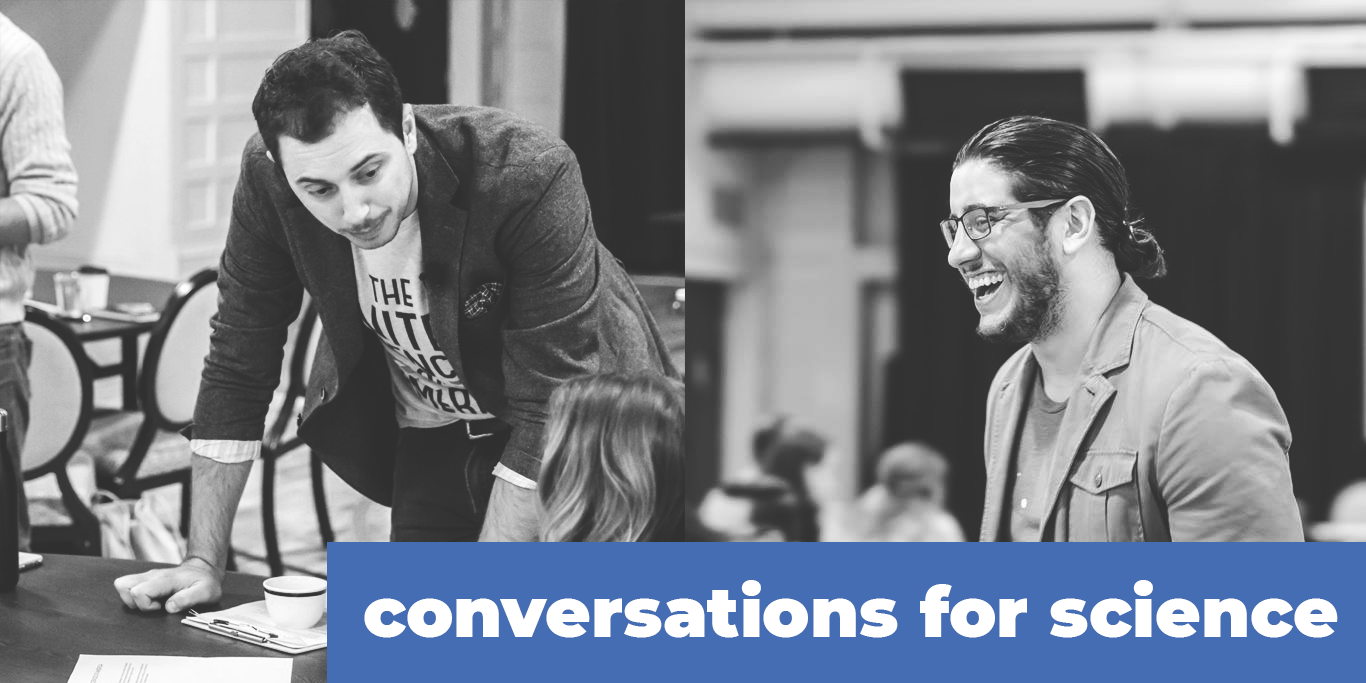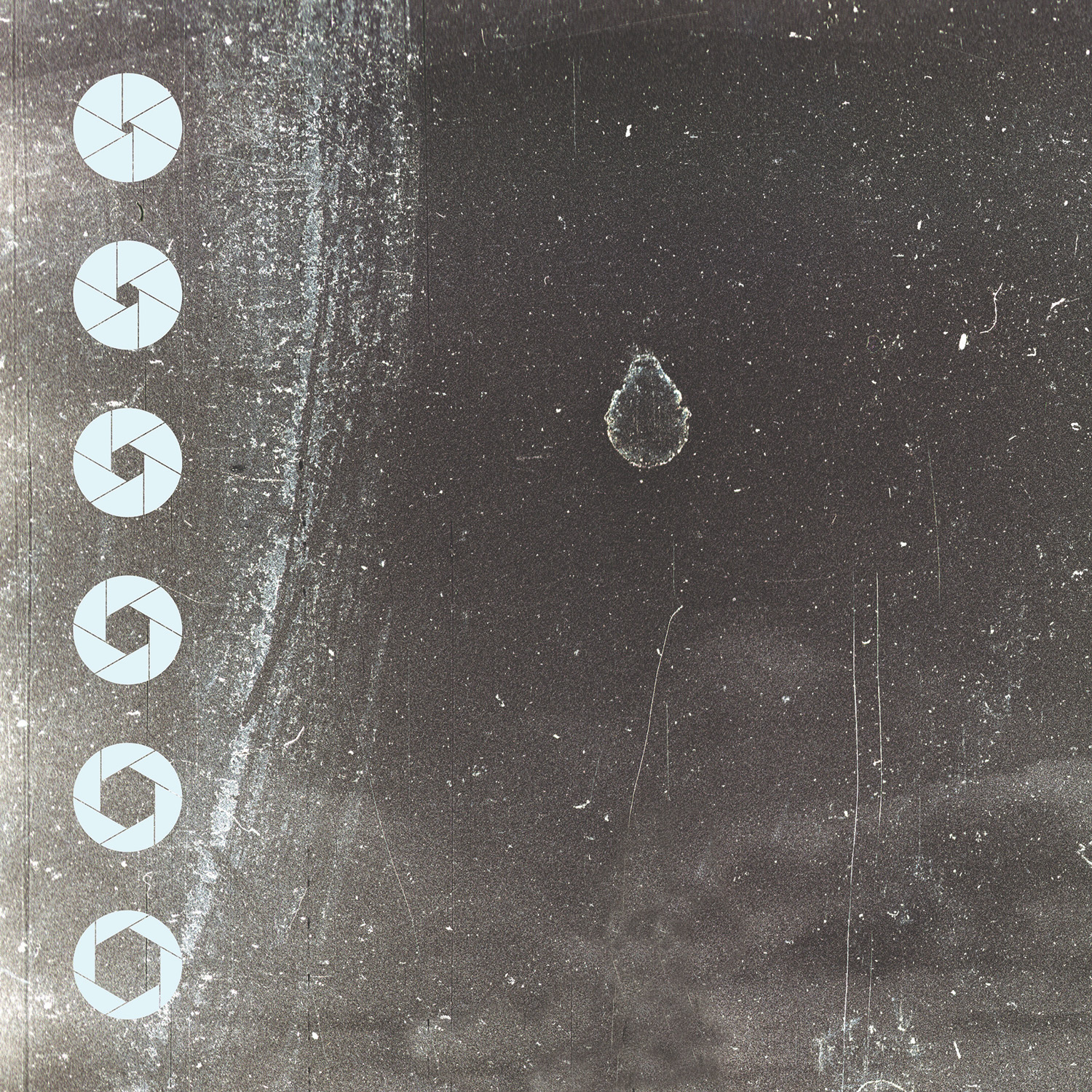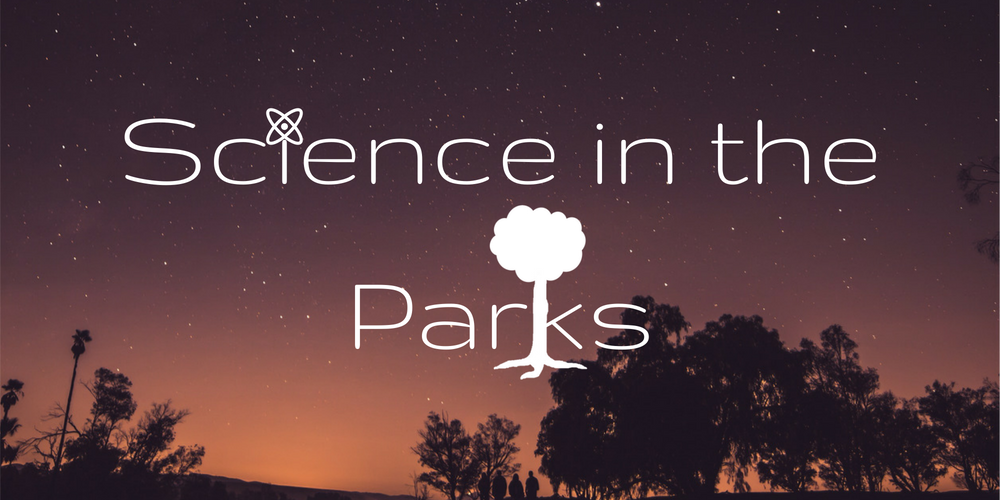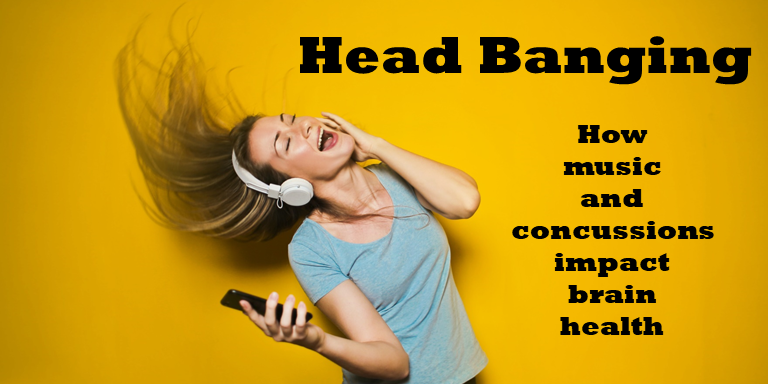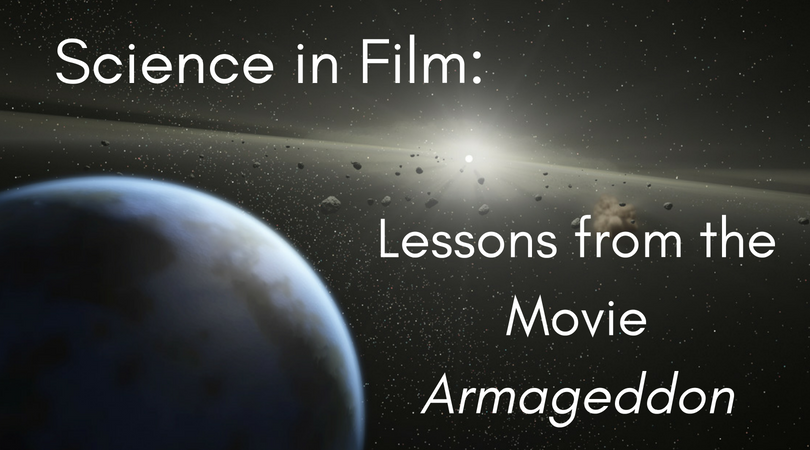Snapchat, Symphonies and Synapses
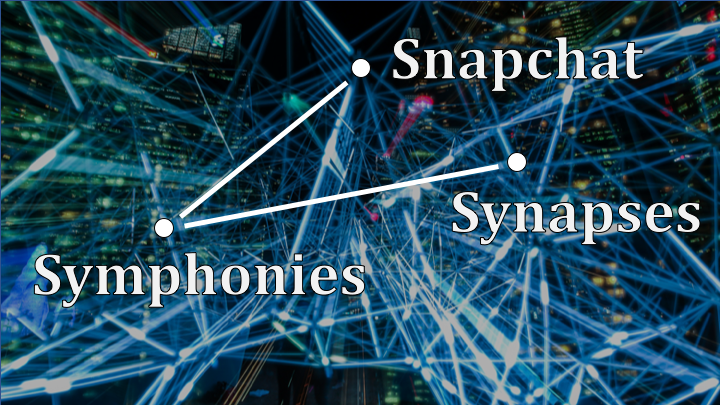
Trivia question: What do social networks, musical masterpieces, and the human brain have in common? Combining cutting-edge research in public health, social science, engineering, and neuroscience, Dr. Danielle Bassett will discuss how we can learn about the complexities of our brain by looking at the modern music scene. Continue reading “Snapchat, Symphonies and Synapses”
